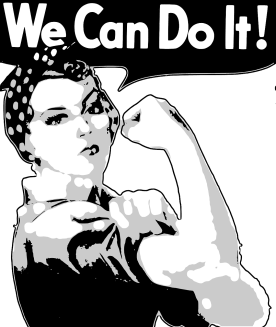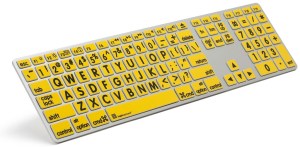
Why is friendship valuable? Everyone seems to want and need friends so there must be a reason! I just spent a good 20 minutes on Google trying to work it out, but then I thought of my friends. The biggest things that my friends have in common are; I trust them wholeheartedly, they are loyal, they are always around if I need them and (most importantly) they always forget that I am disabled! I have many acquaintances but there are only a few people I would call proper friends. I am quite selective as some of my acquaintances know! 🙂
Friends are so important for my everyday life. I have friends who help me pick out my make up (because, seriously, how many shades of orange can a lipstick bloody be?!) to those that help me go up and down mountains, even in the snow! I need to rely on my friends much more than a ‘normal’ person might. This has brought me closer to people (I always find that when you open up to people they really respect you for it) but the last thing I would ever want to be is a burden. Whilst my friends do help me, I try to give back as much as I can, mostly by being loyal, loud and occasionally funny. At school, my best friend used to take care of me on trips. I have vague memories of us in France. She would watch out for me on the roads, make sure I could read menus (taking extra care to ensure food was vegetarian) and included me in everything. All my friends worry about me crossing roads. I am a bit of a liability, which does mean I get sworn at occasionally by car drivers. In school, my mobility worker (someone who helps disabled people become more independent) wanted me to use a white cane to cross roads. I tried it once and never again, after an older lady helped me to cross the road! I felt I should have been helping her, not the other way around.
I am really lucky to have such awesome friends (and acquaintances). I know there are many disabled people who are isolated and lonely. Google tells me that around a quarter of disabled people feel lonely most days and just above a quarter only see their friends once a month (or less). These are people who are so marginalised in society that they aren’t able to have meaningful friendships if they want them. I wish that wasn’t a reality that people have to face.



